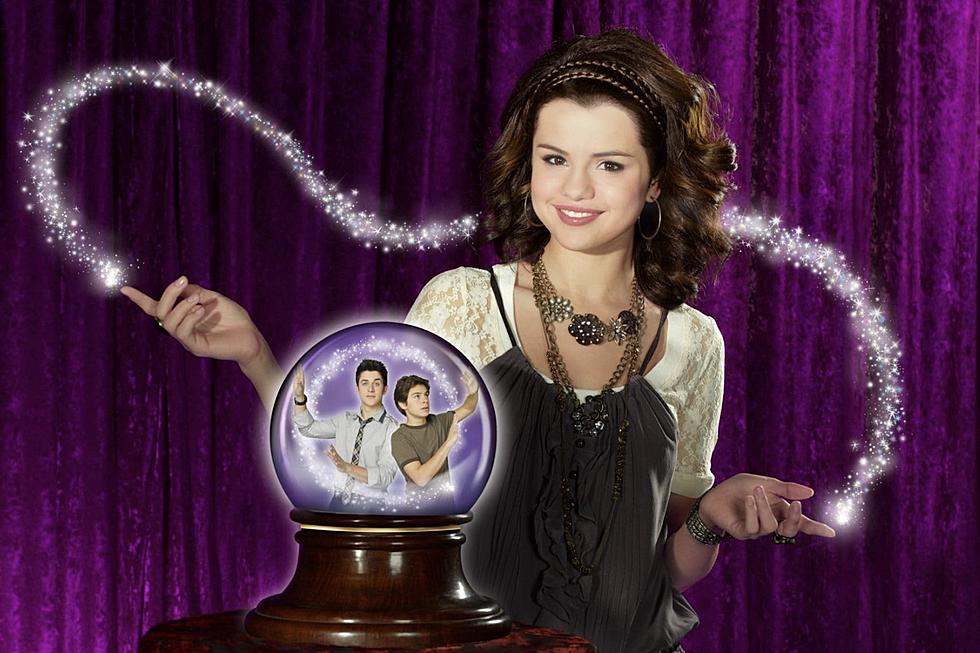
Reel Women: On ‘Spring Breakers’ and the Fantasy of Female Agency
Harmony Korine's 'Spring Breakers' is the outlaw fantasy of four college girls (or maybe just two of them) behaving very, very badly with guns and bikinis and one delightfully trashy white rapper. But the most crucial takeaway from the film isn't satire of primitive American debauchery -- instead it's how we want to perceive these women and why the agency they have over their lives and bodies feels too fantastical to believe.
I don't know that Harmony Korine is that clever, but I do believe he has a way of capturing lower-class America with alarming specificity, and while we may not always enjoy his films, there's something admirable about the way he encapsulates this side of American culture like a filthy snowglobe. Most of the pieces on 'Spring Breakers' have questioned whether or not the film is satire -- of a certain kind of girl and her longing, of Spring Break culture, or of how shockingly base our desires are and how this film can be read as a metaphor for the (an?) American Dream.
'Spring Breakers' isn't satire any more than you can believe Mike Judge's 'Idiocracy' is satire, considering the state of modern pop culture and the Taco Bell Doritos Locos taco. But what Korine does with the story of four college girls robbing a restaurant to fund their alcohol-soaked and drug-fueled Spring Break adventure is something surprisingly thoughtful. It's as if he's taken Sofia Coppola, Werner Herzog and Michael Haneke down to the trailer park for a kegger, and in the hazy, sticky morning after he's regurgitating their influence to create a day-glo hyper-ballad of feminine immorality that calls into question our very own morals and conditioning as viewers.
In Coppola, we see the way she portrays coming of age like no one else can -- delicate, sparse cameo portraits of moments in time that define young women in all their complexity. In Herzog, we often see the fever dream way of telling a story, in relaying information and imagery that feels slightly tangible but surreal enough to remind you of its fiction. And with Haneke, we are often asked why we want to see his characters endure so much pain and agony and violence.
All of this is reflected in 'Spring Breakers,' where Korine takes these elements and shakes them up like a glow stick, covered in beer and bodily fluid and chlorinated pool water. Korine films the young women with a voyeuristic eye, using close-ups of their bodies and their parts not to be salacious, but to make us question why and how we're sexualizing them ourselves. He puts them in situations where, in real-life circumstances, they'd likely be taken advantage of and raped. One sequence with his wife Rachel Korine is horrendously dripping with the promise of date rape, to the point where it's almost certain. We've been conditioned to blame victims, but we've also been conditioned to believe in the innocence of young women, so we almost want to see these women victimized physically and mentally. Using actresses like Selena Gomez, Vanessa Hudgens and Ashley Benson -- all of whom have starred in films and shows that cater to tween audiences and therefore carry with them an inherent currency of innocence -- allows him to explore how we perceive the corruption of these young ladies, and how we participate in and demand it.
When James Franco's Alien character appears and releases the women from jail, it's a relief to the audience because here is this corrupt force that can be blamed for everything that is to follow. But these women wouldn't have course-corrected after just one night in jail, and it takes very real physical threats to eliminate all but two of them from the picture. The truth that we are so resilient to embrace is that these women have agency, and when they don't, they take it by force. What makes the film feel like a fever dream is that very agency -- we want to believe that these young ladies are not capable of such horrendous behavior, and that someone or something must be blamed for it. The dark and hideous flipside to this tacky coin is that, were these women to be victimized sexually in the film, societal conditioning tells us to blame them for putting themselves in that position.
'Spring Breakers' isn't satire because you can't satirize a culture that is satirically cannibalizing itself. But that doesn't mean it's a film without meaningful weight -- we are consistently forced to question our own morals and moralizing with blunt, neon-colored force. Why do we want these girls to get hurt? Why do we sincerely believe they will be raped and find ourselves shocked when they are not? Why do we search desperately for masculine corruption that can be blamed for their debauchery? 'Spring Breakers' isn't so much a statement as it is a series of questions.
More From ScreenCrush









